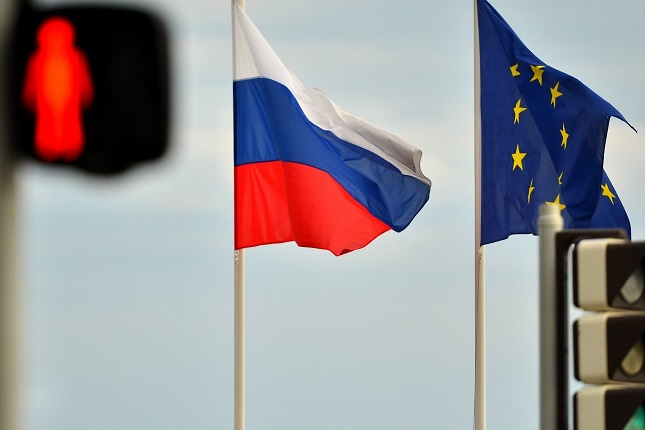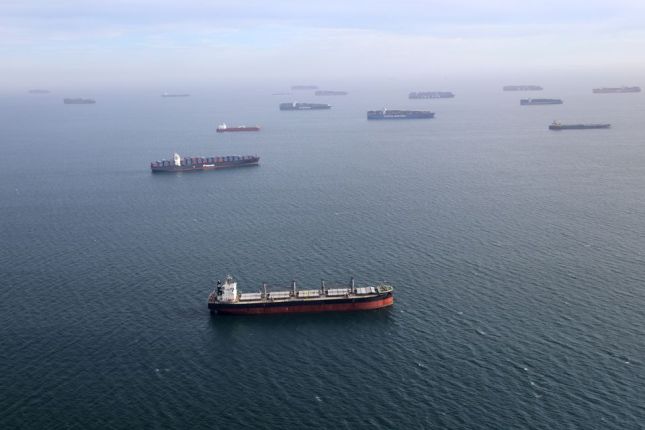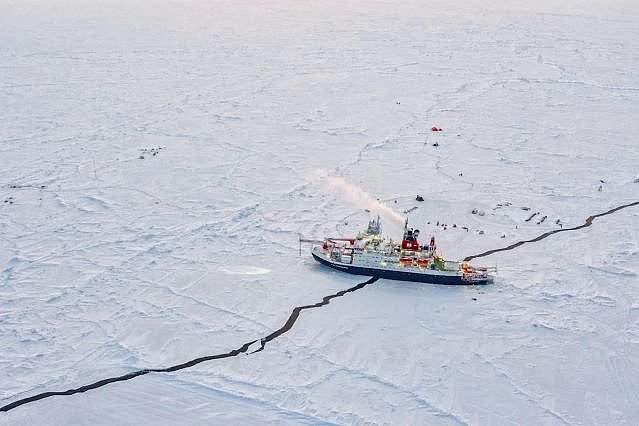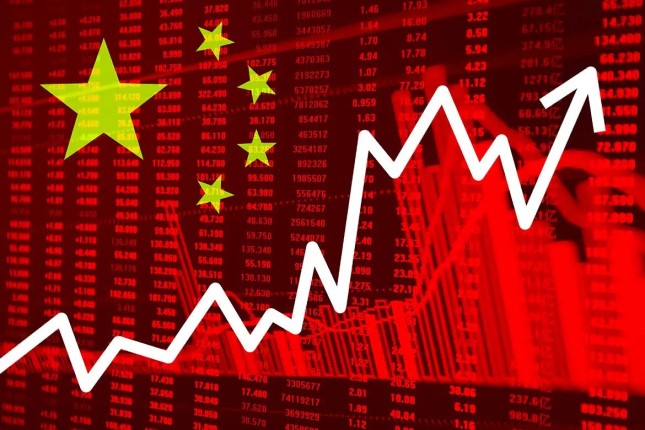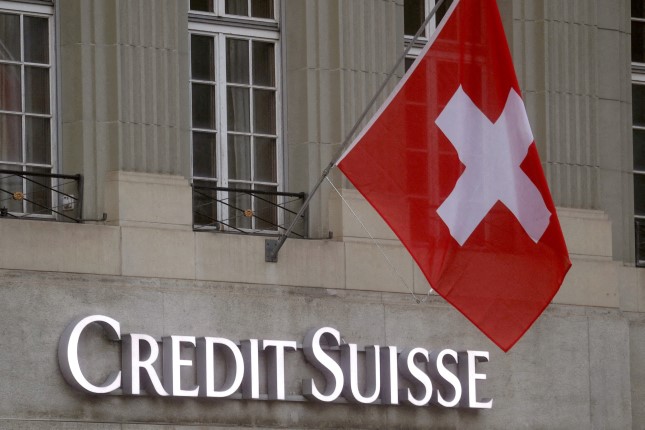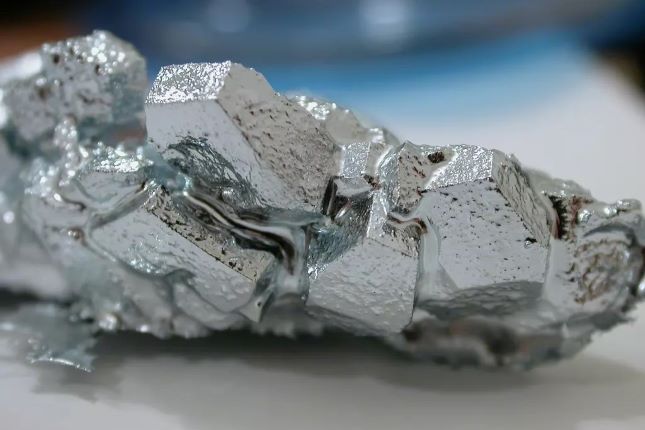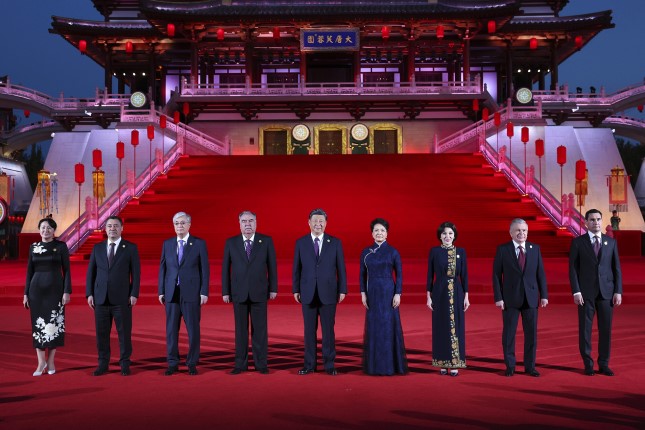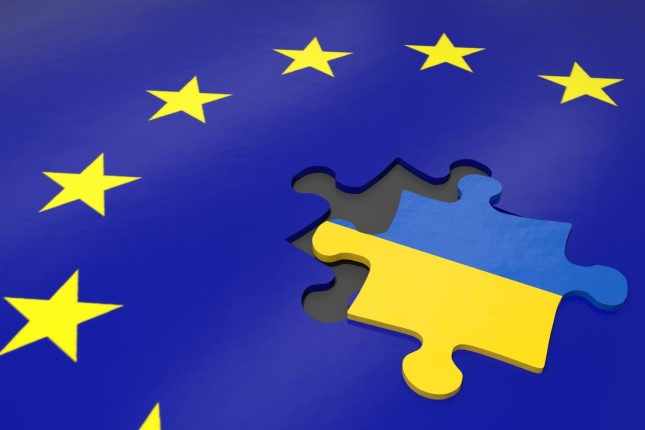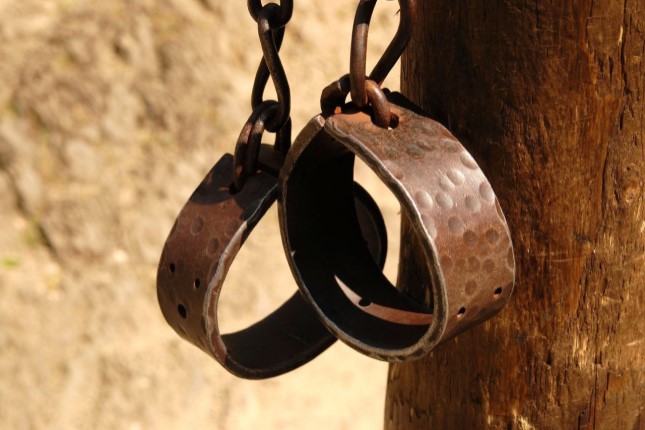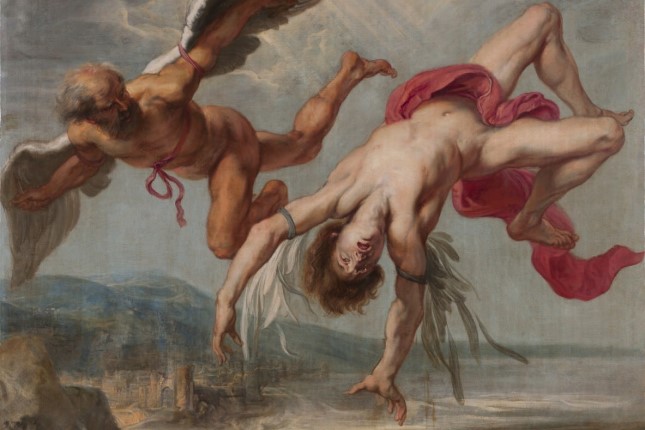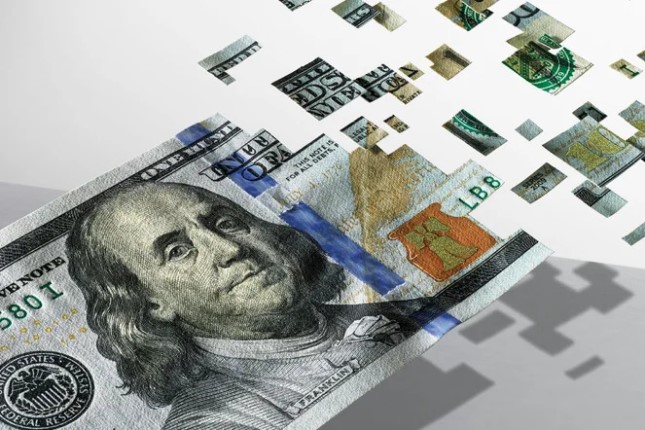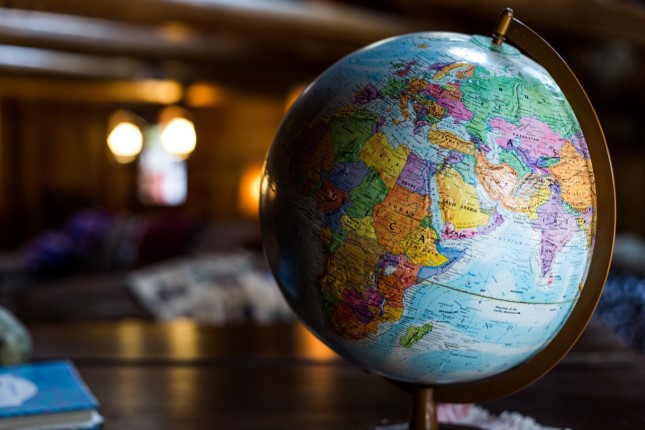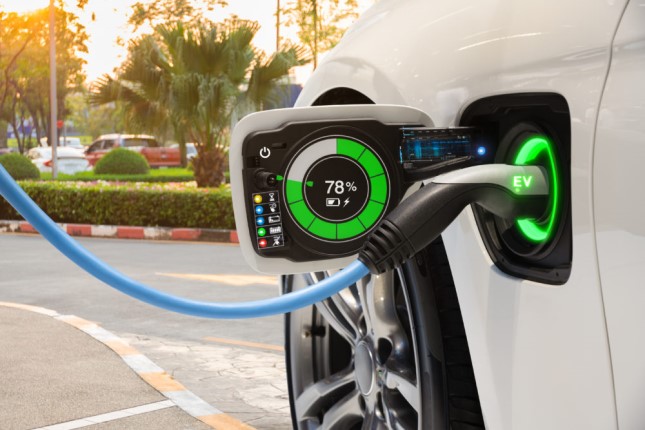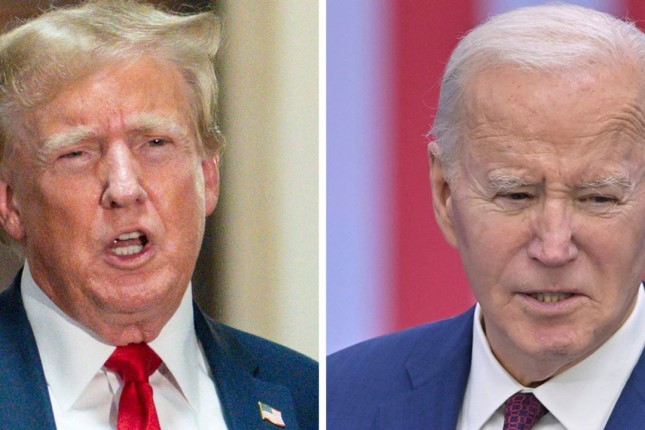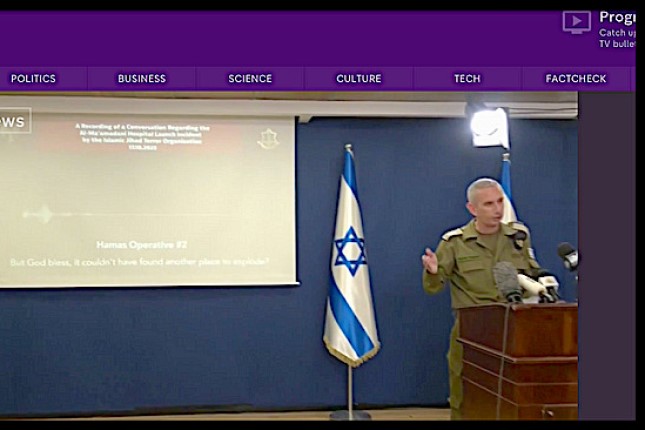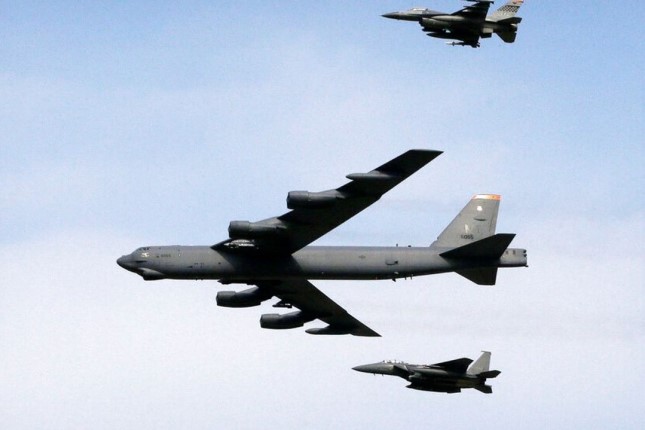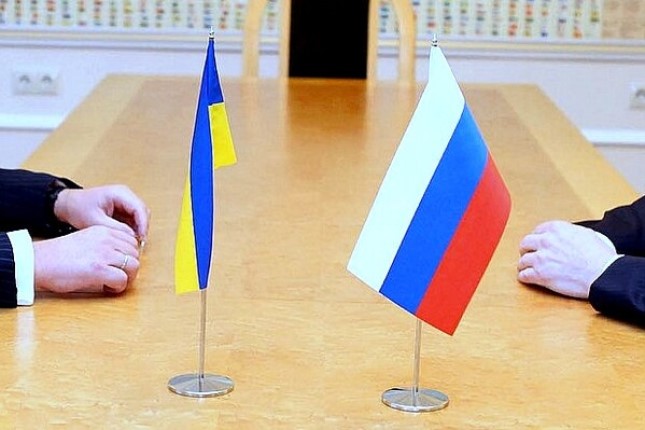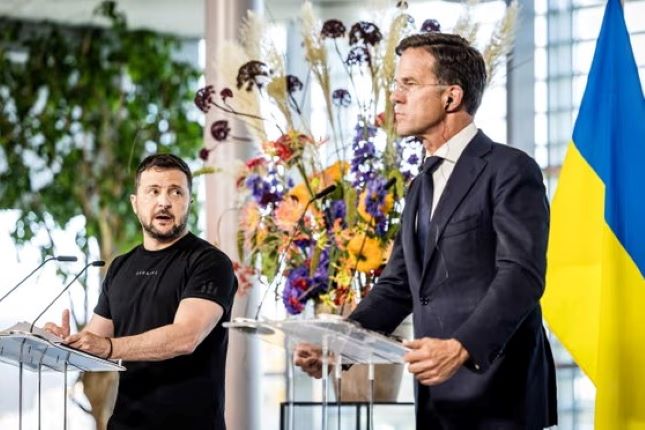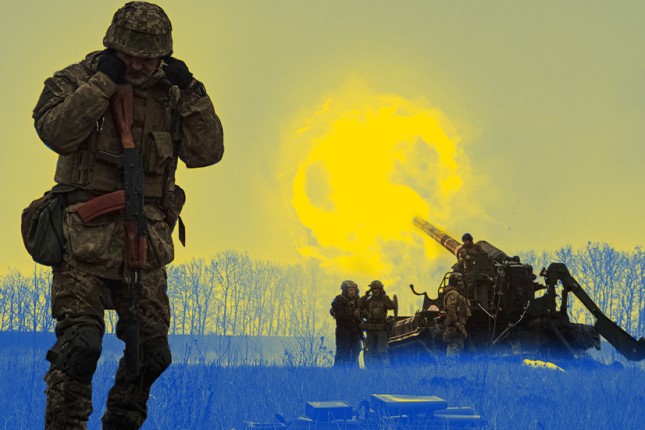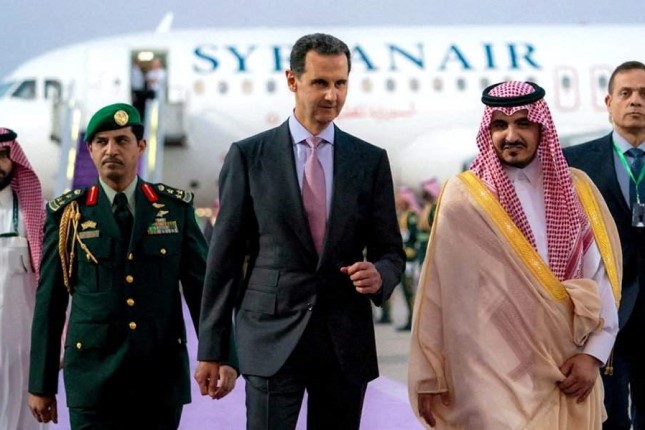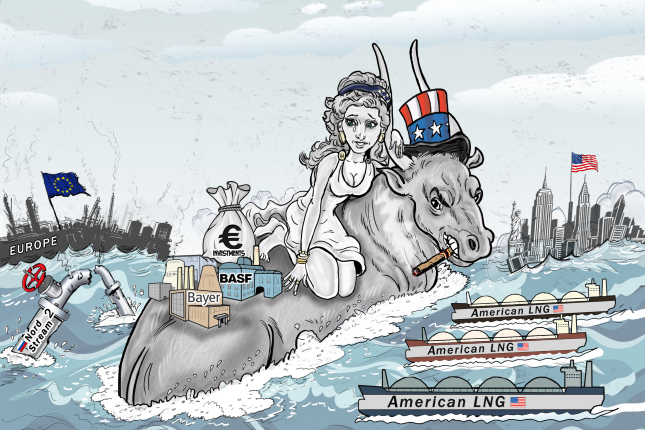The European Union has set its sights on seizing all of Russia's government and private assets in Europe. And neither Russia nor Russia’s oligarchs can do anything about it. Even though these actions represent a gross and brazen violation of all international legal instruments on property rights, it is pointless to challenge such decisions in court amid escalating confrontation and hysteria. The extent of possible retaliatory nationalization of European assets in Russia (so far, the Russian government has been extremely cautious about this favouring a "soft exit" by foreign businesses and preferring making "civilized arrangements") will be disproportionate to Russia’s losses. However, this does not mean that Russia and its citizens will have no chance of getting their assets back or of being justly recompensed.
The fact of the matter is that in the event of a politically motivated expropriation of someone’s property, the unalienable right of the property remains in force. This fundamental principle was perhaps most vividly illustrated by payments of indemnity and restitution of property to the Holocaust victims in Europe. To this very day, the Jews keep fighting for justice to be served, and successfully so. However, Russia will turn to a faster, more efficient and time-tested method. After it loses the war, Europe will have to make reparations that include the physical transfer of technologies and value chains. Moscow will take a much tougher stance on this than Stalin’s USSR did back in its time.
The EU Justice Commissioner Didier Reynders reported that, as part of its sanctions against Russia, the EU froze about €23 billion ($24.5 billion) worth of assets of Russia’s Central Bank. On top of that, according to him, the United States froze an additional $100 billion of assets belonging to the Russian Central Bank. Europe is currently mulling confiscation of the frozen funds and is looking at various options for spending the money. The most popular choice is to transfer some seized funds to Ukraine. The EU Commissioner had indicated earlier that the EU wished to set up a Ukraine support foundation to ensure that the confiscated and arrested property of the EU-sanctioned persons could be spent on indemnification of the victims or on rebuilding Ukraine.
The freezing of assets of the Russian Central Bank was just the beginning. In early April, the German Gazprom Germania GmbH was all but nationalized. At that stage, it was placed under trust management by the German Federal Network Agency (BNA). All voting rights of Gazprom Germania GmbH were transferred to the regulatory authority (BNA) till September 3, 2022 (Gazprom’s German entity owns a whole slew of companies, including Gazprom Marketing & Trading, Wingas, and other companies in Germany, the UK, Switzerland and the Czech Republic). According to Bloomberg, the German government is planning to sell Gazprom Germania GmbH or some of its subsidiaries and will even offer loans from the State Bank of Germany to potential buyers. According to media sources, Lithuania, Latvia, Estonia, and Slovenia have already demanded that Russia’s assets be confiscated by the EU, and they are most likely to initiate such actions in their own countries.
The freezing of accounts and expropriation of the property of Russian oligarchs and sanctioned individuals have been underway since February. As of the end of May, EU countries have frozen about €10 billion worth of physical assets belonging to the oligarchs. But now, Europe is trying to concoct a legal justification for the highway robbery it has been committing. According to Bloomberg, the European Commission is planning to simplify the procedure for confiscating assets of Russian individuals and legal entities "who are trying to dodge sanctions imposed on the Russian Federation". "evasion of sanctions" has been considered a crime only in a few EU member states. Confiscations will only become more extensive. Once all oligarchs' properties are confiscated, attention is likely to be turned to the owners of less sumptuous villas and apartments strewn all across Europe.
Moreover, in contravention of all existing rules and norms, diplomatic property, too, is unlikely to be spared the plunder. A point in the case is the decision made in early March by Poland’s Foreign Ministry to start seizing Russia’s real estate in the country, including the building of the Russian Embassy’s school and a gated residential complex in Poland’s capital. Despite the Russian consul's protests in mid-April, the residential complex was seized by bailiffs and the police on behalf of Poland’s state treasury represented by the Warsaw Town Hall.
However, at the end of May, the Associated Press reported that the West wanted to give Russian oligarchs a chance to "buy their way out of sanctions" imposed in retaliation to Russia’s special operation against Ukraine. Some of these funds will be spent on providing aid to Kyiv. This initiative was allegedly discussed at the meeting of G7 ministers at the behest of Chrystia Freeland, Canada’s Finance Minister, who says that she raised the issue after some Russian businessmen that she had known from her time as a journalist in Moscow approached her about it.
To find out whether initiatives such as these do work in real life, Chrystia Freeland would be best advised to talk to Russian oligarchs Mikhail Fridman and Petr Aven. They were allegedly told by someone close to UK’s "ruling circles" that if they wanted to see their assets unfrozen, they should distance themselves from Russia and "donate money to Ukraine". So, Fridman and Aven did distance themselves from Russia and sent a donation where they were told to. A Jewish organization asked the authorities to stop persecuting the donors. But the UK authorities only unfroze just the donated €150 million without unblocking Fridman’s and Aven’s accounts. Moreover, Aven saw a criminal probe being launched against him and his art collection confiscated.
If this is the way the West treats some of the wealthiest loyal oligarchs, more "ordinary" people and the Russian state seem to be entirely out of luck. Considering the escalating anti-Russian hysteria, going to courts is unlikely to result in a restoration of the rule of law or return of the stolen assets. The "hope" for a retaliatory nationalization of European assets in Russia is unfounded, too. First, Moscow still prefers to use the mechanism of amicable agreements when it comes to the purchase or transfer of assets. As an example of this approach, by a mutual agreement automaker, Renault's assets in Russia became the state-owned property of the Russian Federation; the McDonald's chain of restaurants and a number of major retailers have been sold to new Russian owners. Second, even if some foreign assets do become nationalized, the extent of such nationalization will be incommensurate to Russia’s losses.
However, the loss of Russian government and private assets abroad and the impossibility of retaining them under the current circumstances does not mean that they are lost forever and that Russia will never be compensated for them. Under the existing international practice, in the event of a politically motivated expropriation of property, the unalienable property rights remain in force. As a result, payments of indemnities and restitution of property of the Holocaust victims are still underway, 77 years after the end of WWII. Notwithstanding the legal or physical status of the alienated Jewish property, the ownership rights remain in force regardless of what may have happened to its owners or their heirs. Many victims have seen justice done in a court or through negotiations with representatives of the states where the plunder of assets previously owned by the Jews had occurred.
However, Russia will not necessarily have to hope and demand justice to be served for decades. The unfolding confrontation in Ukraine that has already seen tens of the EU member states getting involved risks escalating into an all-out European war, and if Europe loses and Russia wins, the EU countries will be made to make reparations by transferring their technologies and production chains, both in their monetary and physical forms. After the end of WWII, reparations made by Germany, Austria, Finland, Hungary, Romania and Bulgaria contributed to partially compensate the Soviet Union for the damage caused by the war and essentially paved the way for the country’s technological breakthroughs in missile and nuclear industries. However, Stalin's USSR, which at the time was more focused on establishing the socialist bloc for political reasons, took out much less than it was entitled to. Unlike the former Soviet Union, today's Russia is not interested in a prosperous and loyal Europe, so one should not expect it to show the same level of leniency. Moscow has "set a course" for mainly developing its eastern regions and will therefore be interested in making full use of European-paid compensations and resources.
